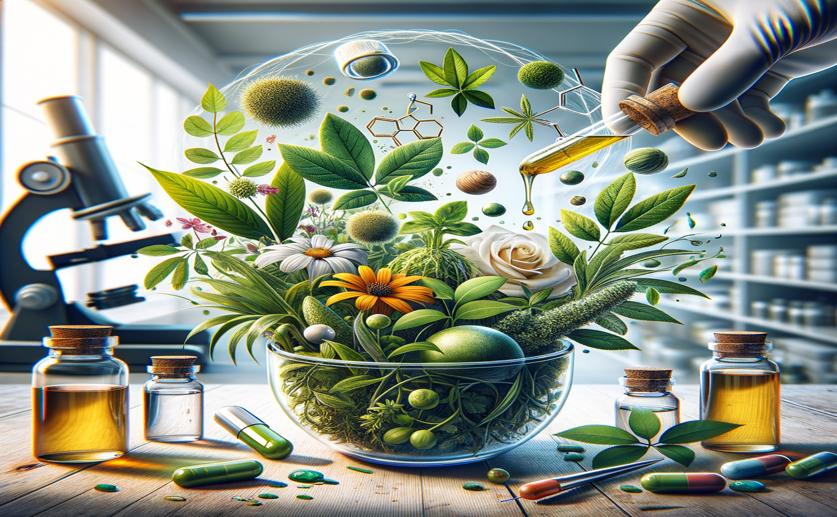
Testing Plant Extracts as Natural Alternatives to Drug Preservatives
Greg Howard
31st March, 2024

Image Source: Natural Science News, 2024
Key Findings
- Study at Al-Quds University found natural extracts can replace synthetic preservatives in drugs
- Olive leaf extract, oleuropein, and thymol showed strong antibacterial and antioxidant effects
- Natural preservatives remained effective in drug formulations for at least three months
References
Main Study
1) Evaluation of the effectiveness of natural extract as a substituent for synthetic preservatives and antioxidants in pharmaceutical preparations.
Published 29th March, 2024
https://doi.org/10.1016/j.jsps.2024.102014
Related Studies
2) Antibacterial effect of plant-derived antimicrobials on major bacterial mastitis pathogens in vitro.
3) Applications of Essential Oils and Plant Extracts in Different Industries.
4) Microbiological and Antioxidant Activity of Phenolic Compounds in Olive Leaf Extract.
5) Preparation and antimicrobial activity of thyme essential oil microcapsules prepared with gum arabic.



 5th March, 2024 | Jim Crocker
5th March, 2024 | Jim Crocker